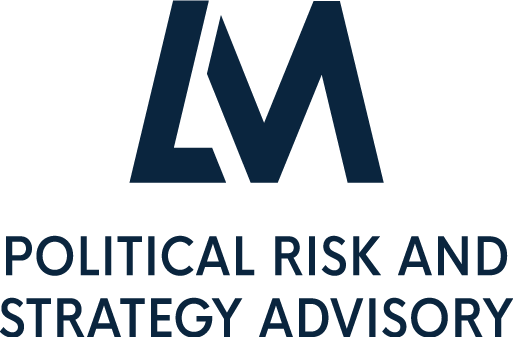On March 5, 2025, Dr. Johannes Leitner (L&M PRISK), Dr. Hannes Meissner (L&M PRISK), Dr. Cecilia Emma Sottilotta (University for Foreigners in Perugia) and Dr. Julian Campisi (University of Toronto) - the editors of “The Roudledge Handbook of Political Risk” - launched their book at the International Studies Association (ISA) General Conference in Chicago. Following a meeting at the Taylor & Francis booth in the publishers' exhibit hall (see photo below), a public roundtable was held where the editors emphasized the relevance of the handbook for academics, practitioners and consultants in light of the current global polycrisis. In addition, three other authors presented their chapters. Carlo Gallo, who traveled from Santa Monica, spoke about political risk methodology, Scott Malcomson (Strategic Insight Group) from New York shared his insights from the US-China tech war, and Florence Ertel (University of Passau) spoke about political risk for companies using the example of Kazakhstan.
From left to right: Hannes Meissner, Johannes Leitner, Rob Sorsby (Taylor & Francis), Cecilia Emma Sottilotta, Julian Campisi






